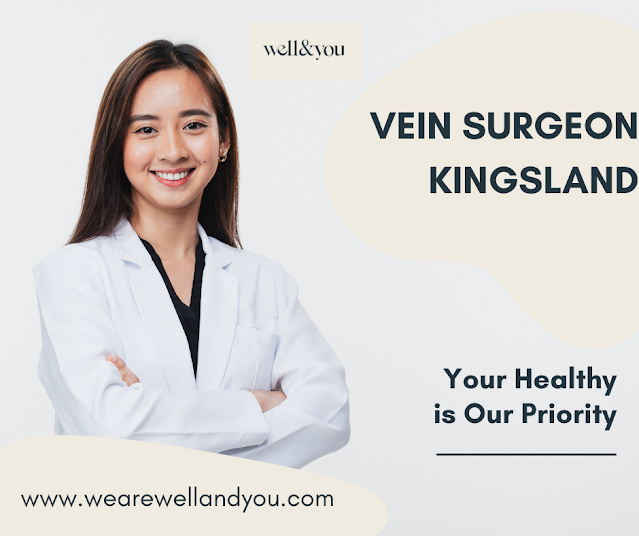Varicose Veins During Pregnancy: Navigating the Challenges with Care
Causes:
Varicose veins during pregnancy are
primarily caused by increased pressure on the veins in the pelvic and leg area.
As the uterus expands, it exerts pressure on the large vein on the right side
of the body, called the inferior vena cava, which, in turn, can lead to swollen
veins in the legs. Hormonal changes, specifically the increase in progesterone,
also contribute to the relaxation of vein walls, making them more prone to
dilation.
Prevention:
While some factors leading to varicose
veins are beyond control, there are preventive measures that pregnant women can
adopt:
· Regular Exercise: Engage in low-impact
exercises like walking or swimming to promote blood circulation.
· Leg Elevation: Elevating the legs
whenever possible helps reduce swelling and promotes blood flow.
· Compression Stockings: Wearing
compression stockings provides support to the veins and helps prevent blood
from pooling.
· Healthy Diet: Maintain a well-balanced
diet rich in fiber to avoid constipation, a factor that can exacerbate varicose
veins.
Treatment:
When prevention isn't enough, several safe
and non-invasive treatment options are available for pregnant women:
· Supportive Clothing: Compression
stockings or maternity support hose can alleviate discomfort and reduce
swelling.
· Regular Movement: Avoid prolonged
periods of standing or sitting. Take breaks to stretch and move around.
· Cold Compresses: Applying cold
compresses to the affected areas can help reduce swelling and discomfort.
· Consultation with Healthcare Provider:
Always consult with a healthcare provider before considering any varicose vein
treatment. They may recommend safe topical creams or ointments.
Conclusion:
While varicose veins during pregnancy are a
common occurrence, proactive measures and proper care can help manage the
symptoms effectively. Seeking guidance from a healthcare professional ensures
that the chosen interventions align with the unique needs of both mother and
baby.



Comments
Post a Comment